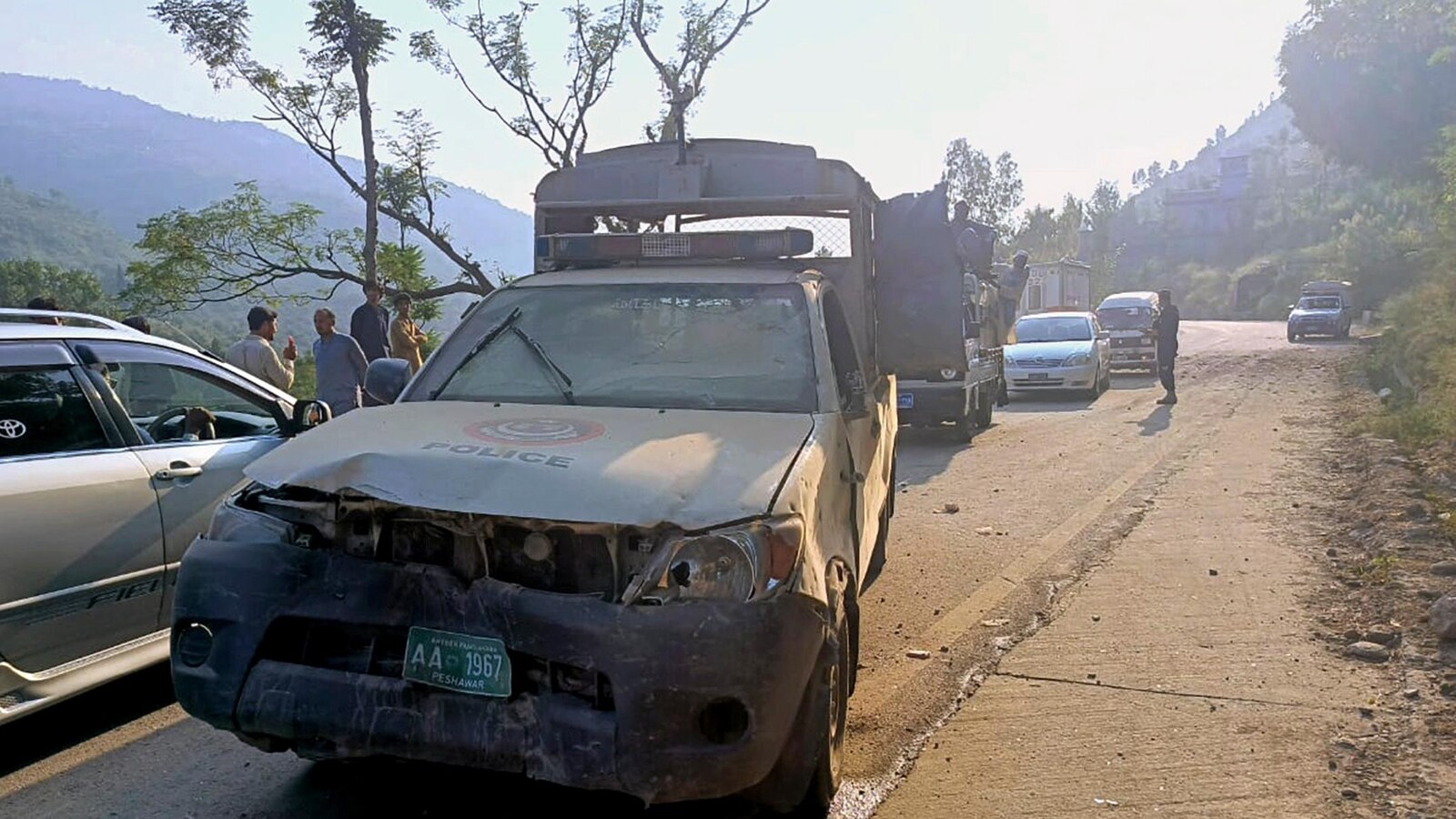Pakistani Taliban Denies Involvement in Bombing Targeting Foreign Ambassadors
ISLAMABAD — The Pakistani Taliban on Monday denied involvement in a bombing attack on a police convoy escorting foreign ambassadors in the country’s restive northwest. Authorities, meanwhile, are still investigating the incident, which killed one police officer and wounded four others.
The attack occurred on Sunday in Malam Jabba, a ski resort in Khyber Pakhtunkhwa province bordering Afghanistan. The ambassadors and senior envoys were en route to the Swat Valley, a former stronghold of the Pakistani Taliban.
While no group has claimed responsibility, Mohammad Khurasani, a spokesman for the Pakistani Taliban, known as Tehreek-e-Taliban Pakistan (TTP), denied detonating the improvised explosive device that struck the police vehicle accompanying the convoy.
The incident drew strong condemnation from Pakistani officials, including President Asif Ali Zardari and Prime Minister Shehbaz Sharif. The envoys were all unharmed, but the attack raised concerns about a security breach.
“For sure it was a security breach because the convoy’s route was only known to police, and the bomb disposal unit had reportedly cleared the route,” said Abdullah Khan, a defense analyst and managing director of the Islamabad-based Pakistan Institute for Conflict and Security Studies. “Some insider (appears to have) leaked the information about the travel plans of the foreign ambassadors to the militants,” he added.
Khan believes the attack signals a shift in the approach of insurgents, who previously primarily targeted security forces.
Syed Muhammad Ali, a Pakistani defense analyst, emphasized the need for improved coordination between federal authorities and police regarding high-profile visits to the northwest, a region experiencing a surge in violence.
The convoy included ambassadors and officials from Indonesia, Portugal, Kazakhstan, Bosnia and Herzegovina, Zimbabwe, Rwanda, Turkmenistan, Vietnam, Iran, Russia, and Tajikistan. All individuals later returned to Islamabad, according to Pakistan’s Ministry of Foreign Affairs.
In a statement, TTP reiterated their lack of involvement in the attack. While a separate group, TTP maintains a close alliance with the Afghan Taliban, who seized power in neighboring Afghanistan in August 2021.
Many TTP leaders and fighters have found refuge, even residing openly in Afghanistan, since the Taliban takeover. This has emboldened the Pakistani Taliban and strained relations between Pakistan and Afghanistan’s Taliban government, who claim to disallow the use of their territory for attacks against other nations.
Authorities are examining the possibility of a security breach, as details about the convoy’s travel plans were distributed only to officials. Investigations are also underway to identify those responsible for planting the IED.
Sunday’s attack follows a suicide bombing in northwestern Pakistan in January, where a car bomb killed five Chinese nationals and their Pakistani driver in Shangla, a district in Khyber Pakhtunkhwa province. The victims were construction workers and engineers involved in the Dasu Dam project, Pakistan’s largest hydropower project. Since then, Pakistan has strengthened security measures for foreigners and envoys traveling in the region.

